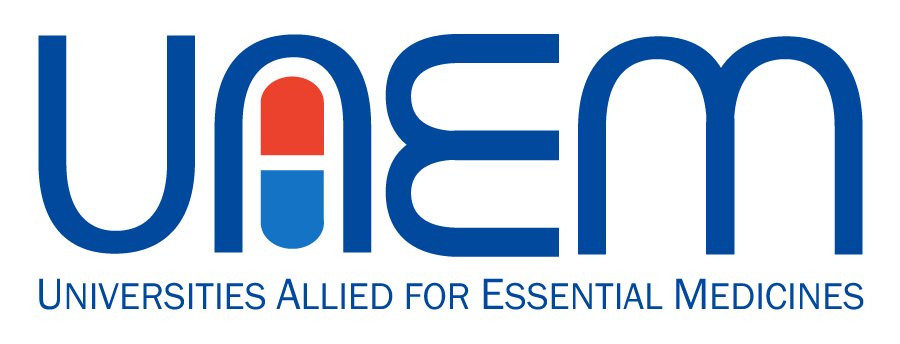Join the UAEM Canada Report Card Team on Friday, May 5 at 3pm EDT to talk about our new 2023 Report Card.
We ranked the U15: Canada's top 15 research universities, based on five factors and found out some critical things:
Less than half of all university biomedical licensing agreements established in the past two calendar years (January 1, 2019, to December 31, 2020) are non-exclusive (48.9%), meaning that a majority of medicines developed at U15 universities may not be accessible in lower- or middle-income countries.
Since 2010, Only one university, the University of British Columbia, has submitted a license to the Medicines Patent Pool (MPP) or World Intellectual Property Organization (WIPO) for protected intellectual property status for medicines treating HIV, hepatitis C, malaria, tuberculosis, neglected diseases, or other patented essential medicines in low- and middle-income countries.
While all Canadian universities publicly acknowledge the importance of open-access publications, less than half of biomedical publications at all Canadian universities were in open-access journals or were available as open-access publications over the past two calendar years.
Despite the fact that in the 2021 census, 1.8 million people identified as indigenous (about 5% of the Canadian population), U15 universities have neglected indigenous health research[3]. In fact, only .0025% of publications from Canadian U15 universities touched on indigenous health or indigenous health strategies in the past two calendar years.
Only 2 Canadian universities, Université de Montréal and University of Waterloo, published all of their clinical trial results, and summary results, for clinical trials completed in the past 2 calendar years.

